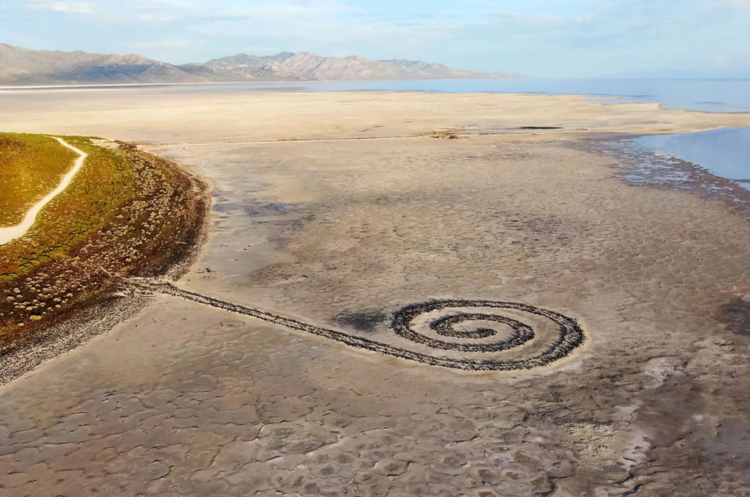Conference "The ends of the world" at Porto Municipal Theatre – Rivoli

The Conference “The ends of the world” by Godofredo Pereira will take place on the 23rd of may, at 18h30, at Porto Municipal Theatre - Rivoli. The event is part of the VI Conference Cycle Lusófona University / Rivoli 'Espaços, lugares e territorialidades' [Spaces, places and territorialities], organized by CICANT researchers Isabel Babo, Manuel Bogalheiro and Universidade Lusófona's Dean José Bragança de Miranda.
Synopsis
In Os Fins dos Mundos [The Ends of the World], Godofredo Enes Pereira addresses the capitalist dependence on extractivism and the way in which the 'many worlds of the world' have been destroyed with a view to extracting resources. Traveling through different existential territories, from the Atacama desert to the Barroso mountains, Ends of the World highlights the struggles of frontline communities, in their tactical and ontological dimensions, to interrogate the ends that underlie the current 'energy transition' , considering the impacts of extractivism on the most diverse material, mental and social ecologies. Redefining the notion of 'environmental architecture', Os Fins dos Mundos [The Ends of the World] argues for the need to 'do collectively with the earth' and to form underground alliances in resistance against the advances of extractive capitalism.
Biography
Godofredo Pereira
Godofredo Enes Pereira is Director of the MA Environmental Architecture at the Royal College of Art, London. He was a member of Forensic Architecture where he led the Atacama Desert Project, an investigation of environmental and human rights violations in the Atacama Desert. His PhD The Underground Frontier: collective politics from below (Goldsmiths, 2015) examined how different communities organize themselves in defense against extractivism. He led the Lithium Triangle Research Studio (2017-22), and is a co-investigator in the British Academy-funded Scales of Climate Justice project, which investigates the intersection of climate jurisprudence and environmental jurisprudence in areas of lithium extraction. He recently founded the GIT / Territorial Research Group. His work, recently awarded by the Graham Foundation, has been published in different books, magazines and presented internationally, among others, at the Bauhaus, Weimar; Medialab, Madrid, HNI, Rotterdam; ICA Miami; UTS Sydney; The New Centre, NY; Sharjah Architecture Triennial; Princeton University, US; ICA, London; Serpentine Galleries, London.
- published 19 May 2023
- modified 03 October 2023
